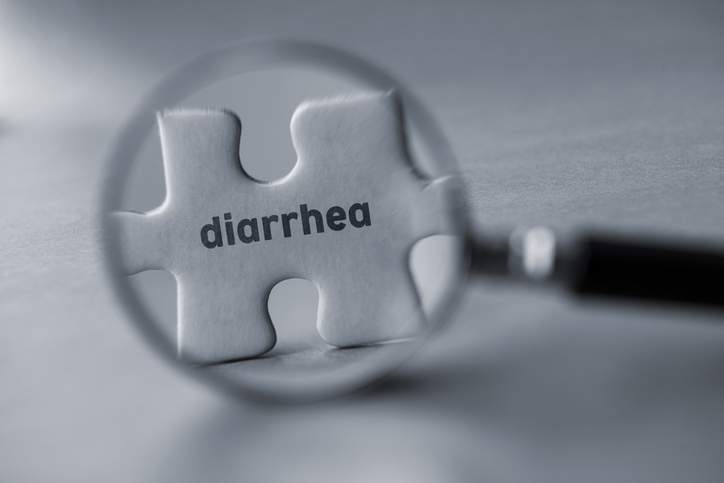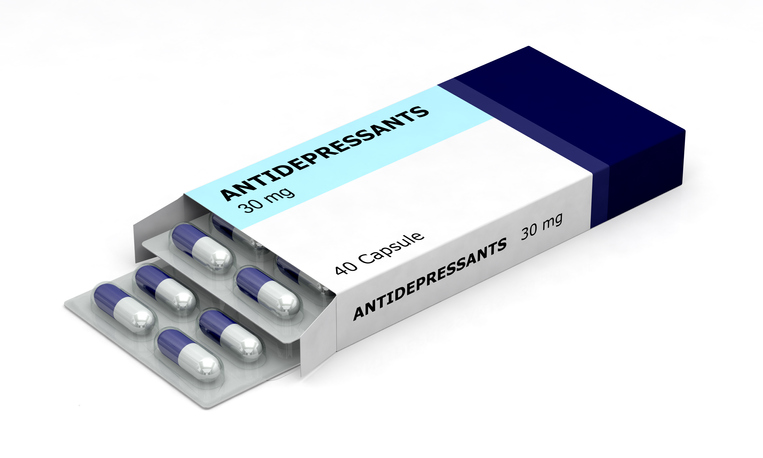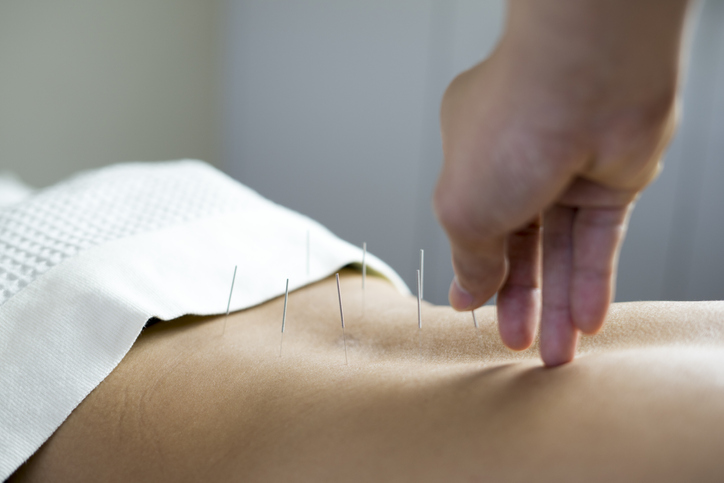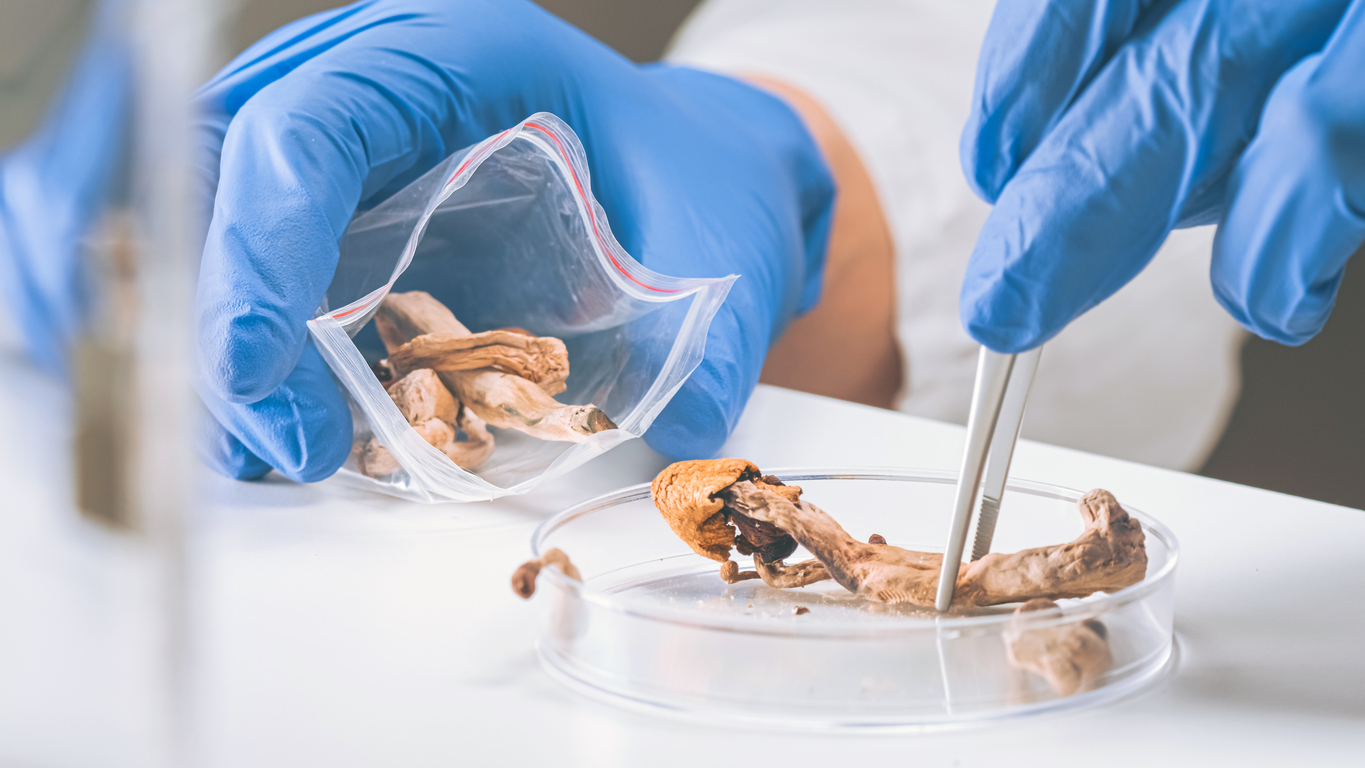Treatments
Coping With Diarrhea

Do you find this helpful
Print
Share
Save
Diarrhea is defined as having three or more loose and watery bowel movements per day. It has various causes: bacteria, viruses, parasites, stress, medications, certain foods, or digestive disorders, such as irritable bowel syndrome, Crohn’s disease, ulcerative colitis, or celiac disease.
Diarrhea is unpleasant and can interfere with daily life. Although it is typically short-lived and lasts only a few days, it can lead to dehydration, which can be dangerous if untreated.
Tips for coping with diarrhea
Depending on the cause, diarrhea typically resolves without treatment. However, tips to cope with diarrhea until it subsides include the following:
- Try chamomile tea. Chamomile can help ease nausea associated with diarrhea while also providing hydration.
- Avoid caffeine or alcoholic drinks. Caffeine and alcohol can further irritate the digestive tract.
- Drink plenty of fluids. Diarrhea can lead to dehydration, so it’s important to keep the body well-hydrated. One cup of liquid should be consumed after each loose bowel movement to maintain hydration.
- Try rice water. Drinking rice water provides the body with fluids, helps produce bulkier stool, and reduces the duration of diarrhea. Rice water is made by boiling two cups of water with one cup of rice for approximately 10 minutes. The rice is then strained from the water.
- Dilute water with fruit juice. Adding fruit juice to water makes it tastier and provides nutrients. Fruit juice contains potassium, which helps maintain electrolyte levels; however, apple juice should be avoided as it can worsen diarrhea.
- Avoid consuming hot or cold beverages. Drinking liquids that are too hot or too cold can contribute to nausea. Room temperature or slightly warm liquids are the best choice when dealing with diarrhea.
- Follow the BRAT Diet. The BRAT diet is often recommended to help ease diarrhea. It consists of starchy, low-fiber foods: Bananas, Rice, Applesauce and Toast. These foods are easy on the stomach, produce bulkier stool, and replace lost nutrients.
- Eat bland foods. Boiled potatoes; rice; crackers; boiled or baked chicken; and cooked carrots are also good food choices when dealing with diarrhea. Clear broths can also help replenish low sodium levels due to fluid loss.
- Consider probiotics. If diarrhea is caused by a bacterial imbalance in the gut, probiotics may help. Probiotics contain microorganisms that boost levels of good bacteria in the gut. Taking a probiotic supplement or eating foods that contain probiotics, such as certain yogurts, helps restore balance in the digestive system, which may reduce the duration of diarrhea.
- Avoid certain foods. Fried foods, high-fiber foods, and sweet foods can exacerbate diarrhea. Dairy products should be avoided if diarrhea is severe or if lactose intolerance is an issue. However, if dairy is well-tolerated, low-fat milk, cheese, and yogurt contain probiotics that can shorten the duration of diarrhea.
- Eat smaller meals. The intestines can digest small amounts of food with less difficulty than large amounts of food. Eating five to six small meals per day rather than three large meals may help prevent the worsening of diarrhea.
- Avoid fruits and vegetables that cause intestinal gas. Prunes, berries, beans, peas, broccoli, corn, and leafy vegetables can cause gas. Avoiding these foods can help prevent diarrhea symptoms from worsening.
- Wash hands frequently. Proper hand hygiene is a good health practice in general. Thorough, frequent hand-washing also helps prevent the transmission of infectious diarrhea.
- Avoid exercise until diarrhea subsides. Strenuous exercise can lead to dehydration, stomach distress, nausea, and heartburn. It should be avoided until diarrhea symptoms subside.
- Consider antidiarrheal medication. Over-the-counter medications containing bismuth subsalicylate can ease intestinal inflammation and destroy diarrhea-causing organisms. Loperamide is another over-the-counter antidiarrheal medication; it works by slowing down movement in the digestive tract. Loperamide is not recommended for diarrhea caused by infections or certain medical conditions because it prevents the body from naturally ridding itself of the diarrhea-causing toxins. It’s important to note that some antidiarrheal medications are not recommended for children. A physician should always be consulted prior to giving a child an anti-diarrheal medication.
- Contact a physician if necessary. If diarrhea lasts longer than two days; severe abdominal or rectum pain develops; dehydration occurs; a fever of 102 degrees F or higher manifests; or bloody, black, or tar-like stools occur, a physician should be consulted. A health care provider may need to prescribe an antibiotic for diarrhea caused from bacteria or parasites. On the other hand, if an antibiotic or other medication is the cause of diarrhea, a physician may need to prescribe a different medication or lower the dosage of the current medication.



















